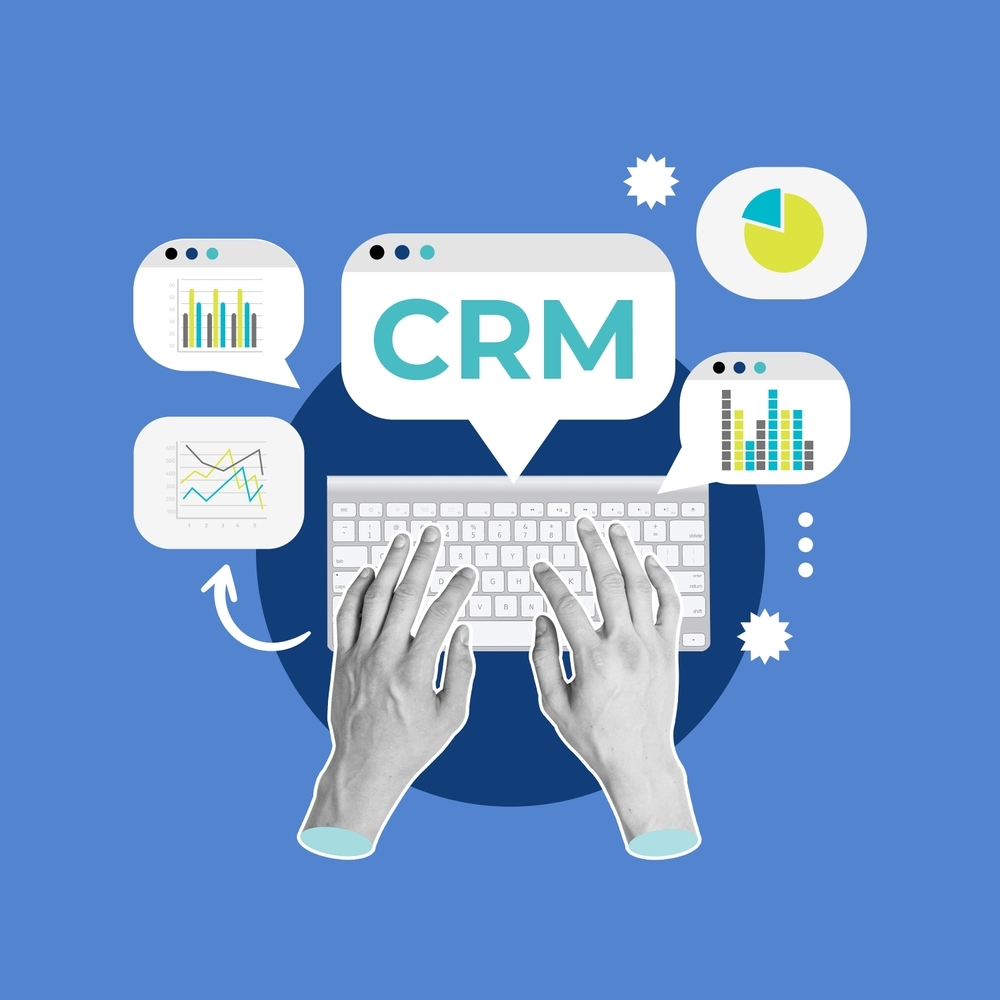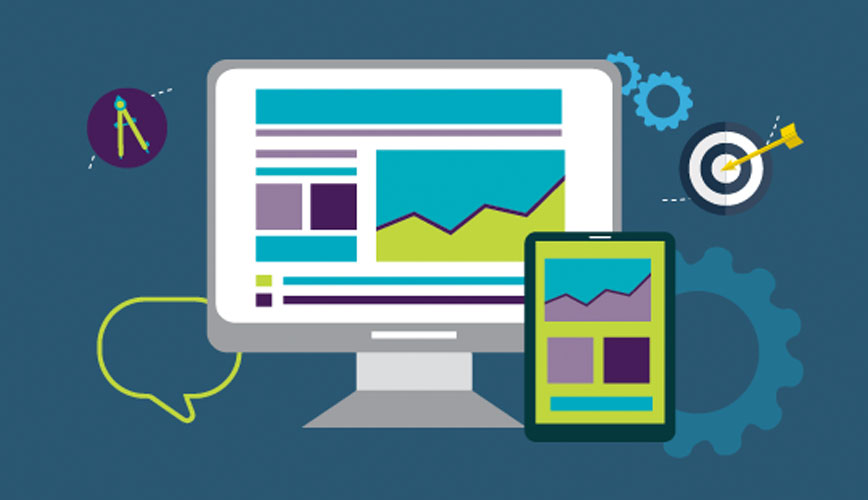Why HubSpot Is the CRM of Choice for Professional Services Firms
Imagine this: Your managing partner walks into a Monday meeting, pulls up a dashboard, and sees, at a glance, which clients are hot, which deals are...
2 min read
Christine Hollinden : Jun 27, 2025 3:30:00 PM

In professional services, your reputation is only as strong as your relationships. Whether you're guiding a client through a tax strategy, managing investor outreach, or navigating a merger, every interaction matters. When client data lives in fragmented inboxes and memory-dependent spreadsheets, relationships begin to slip through the cracks.
Enter the CRM, not just as a tech upgrade, but as a strategic foundation for sustainable growth.
What Is a CRM?
A CRM (Customer Relationship Management) system is a centralized platform that helps businesses manage and track client interactions, streamline processes, and drive revenue through smarter relationship management.
Think of it as your firm’s relationship headquarters. At its core, a CRM enables:
There are three main CRM types:
Why CRMs Matter for Professional Services
In sectors like accounting, consulting, private equity, and investment banking, long sales cycles and high-touch engagements are the norm. You’re not just selling a service; you’re cultivating a long-term advisory relationship.
Without a CRM:
With a CRM:
The Key Benefits of CRM Adoption
All client data, emails, notes, documents, is stored in one place. Your team is always on the same page, whether someone’s picking up a deal midstream or prepping for a partner meeting.
Segment clients by service line, track engagement, and trigger follow-up workflows before clients become disengaged.
View deal status at a glance. Identify bottlenecks. Forecast revenue. CRMs turn gut feeling into actionable insight.
Eliminate repetitive tasks like scheduling meetings, sending reminders, or following up on proposals, with automated workflows.
CRMs deliver clear reporting on KPIs like win rates, source attribution, and client lifetime value, helping you allocate resources with confidence.
Getting Started: What to Consider
Transitioning to a CRM is a strategic shift. To set the stage for success:
With a thoughtful rollout plan and a knowledgeable partner to guide the way, most firms see a meaningful improvement in less than a quarter.
Conclusion: Make Relationships Your Competitive Edge
A CRM empowers your firm to grow intelligently, serve consistently, and act decisively.
The firms that win in today’s landscape are organized, proactive, and connected. A CRM helps get you there.
Is your firm ready to put relationships at the center of your strategy? A smarter CRM might be the best place to start. Let Hollinden help you pick the right tool and get it set up for success.
The Hollinden Point of View brings you monthly insights tailored to helping you grow your firm.

Imagine this: Your managing partner walks into a Monday meeting, pulls up a dashboard, and sees, at a glance, which clients are hot, which deals are...

Native advertising offers a way to cut through the advertising noise and provide more depth to your firm's promotional materials. Native advertising...
A highly successful inbound marketing program requires the right blend of technology and strategy.